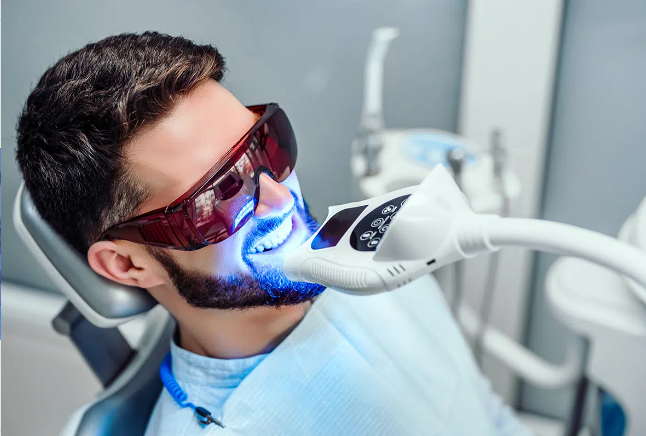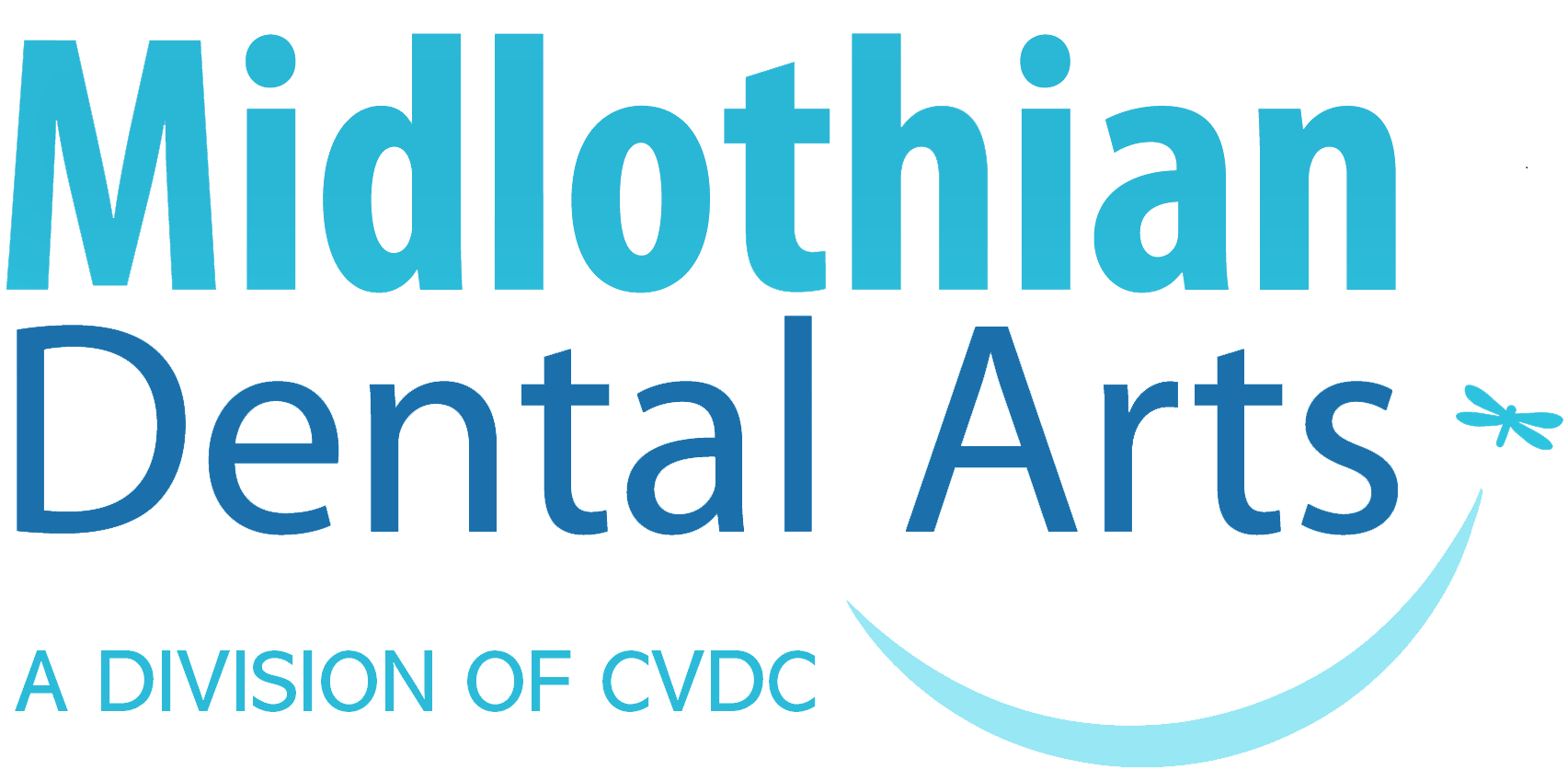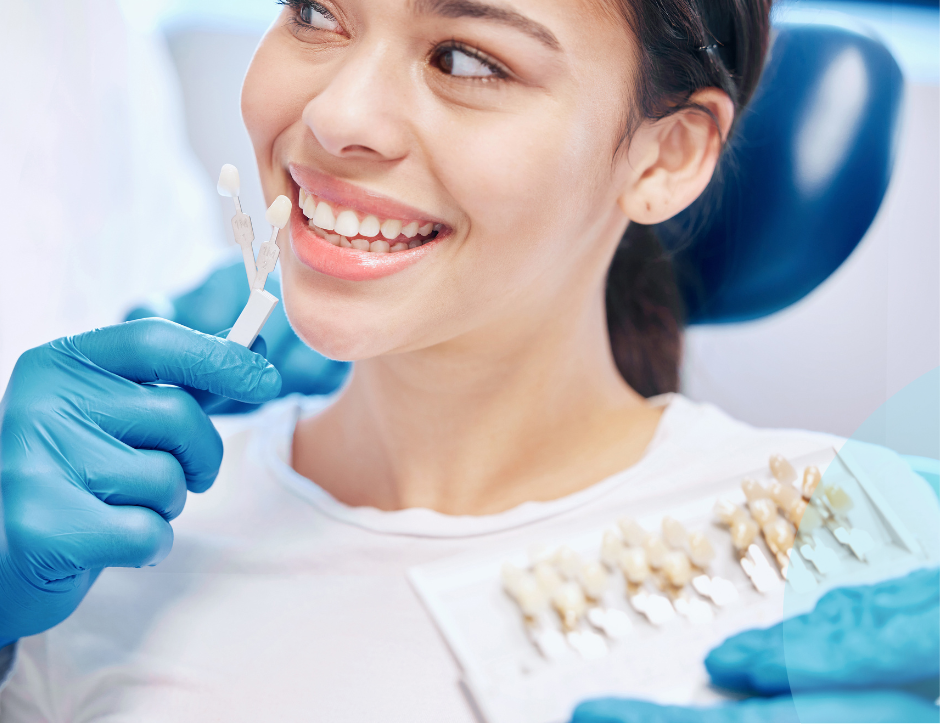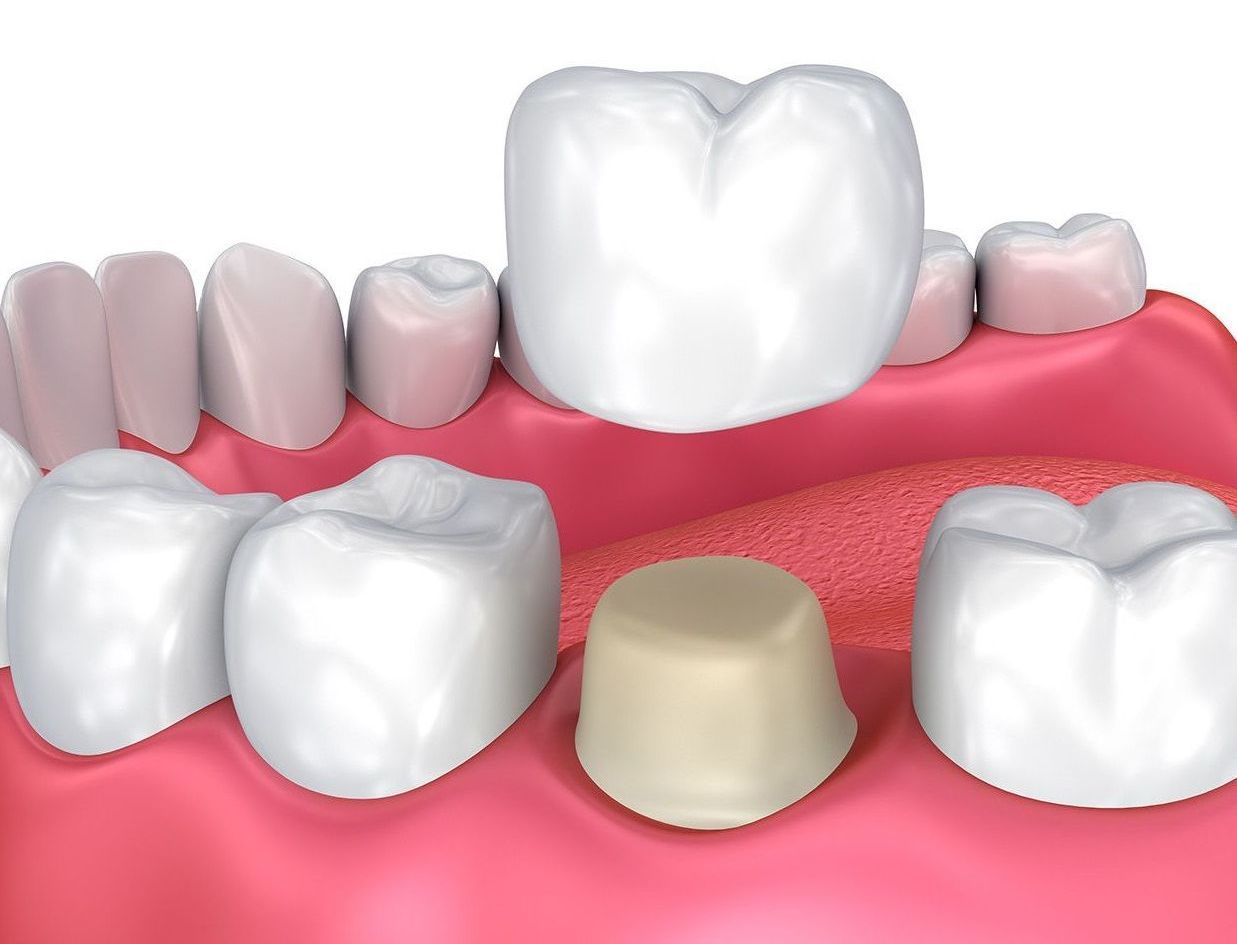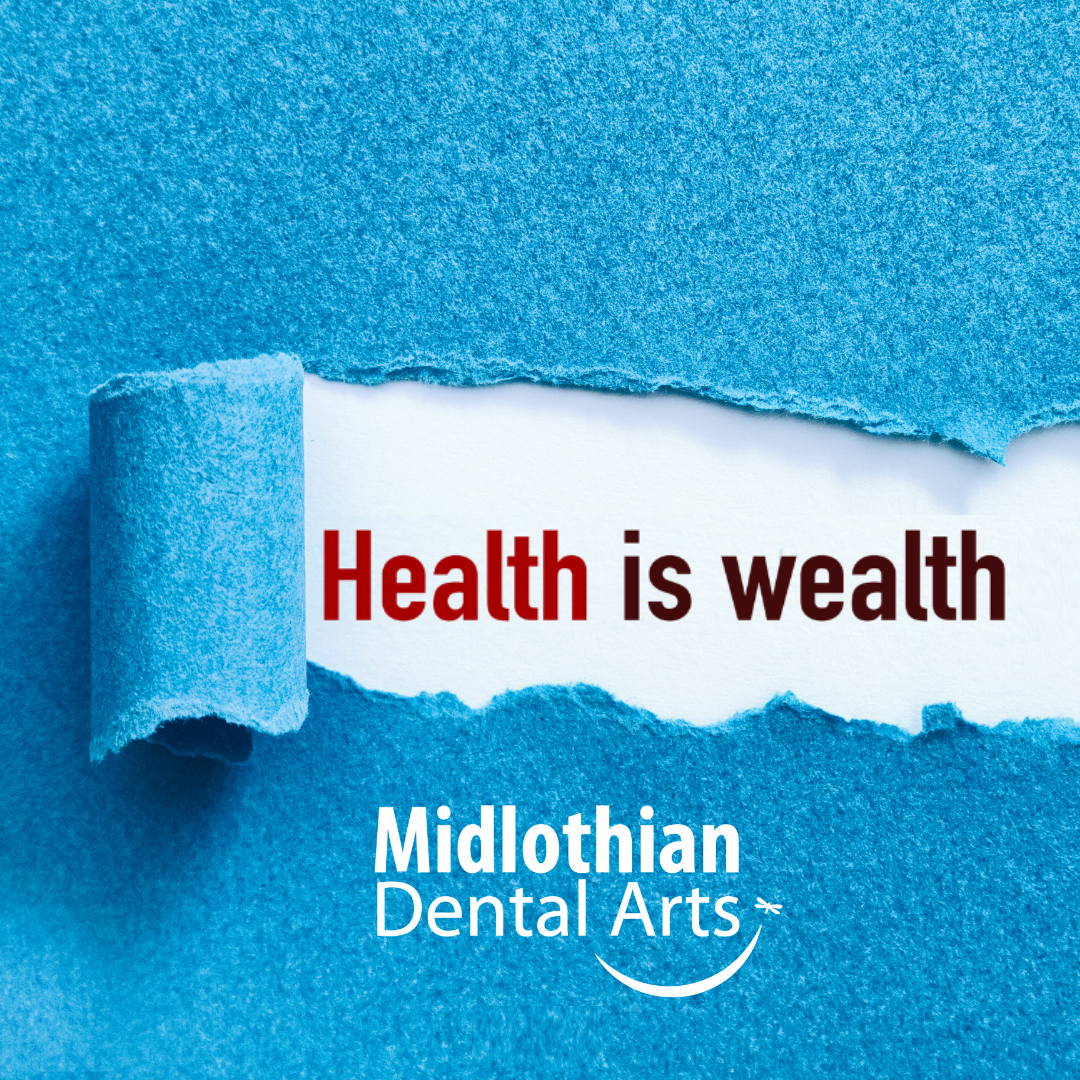How to Prepare for Emergencies
February is National Children's Dental Health Month: Learn How to Handle Dental Emergencies
Thousands of dental emergencies happen daily—from sports injuries to painful, abscessed teeth. Would you know what to do if your child broke a tooth or had a tooth knocked out while playing outdoors? What if your child had a bad toothache in the middle of the night and you couldn’t get to the dentist until the next day?
Toothache
When your child experiences a toothache, it can be an unfamiliar type of pain. A good first step is to rinse the mouth with warm saltwater. Visually inspect the area and gently, use dental floss or an interdental cleaner to remove any food or other debris that may be caught between the teeth. Never put aspirin or any other painkiller against the gums near the aching tooth. This can potentially burn the gum tissue. Depending on the child’s age, you can use a mild OTC medication to reduce the pain and potential inflammation. However, don’t rely on painkillers. OTCs may temporarily relieve the pain, but your dentist should always evaluate the condition.
Knocked-out (avulsed) Tooth
First and foremost, try to find the tooth! This may not be as easy as you think if the injury took place on a playground, basketball court, or while skateboarding, so do your best to remain calm and search for the missing tooth. If found, hold the tooth by the crown (top) and rinse the root in saltwater if the tooth is dirty. Don’t scrub it or remove any attached tissue fragments. If possible, gently insert and hold the tooth in its socket while you head to the dentist. If that’s not possible, put the tooth in a cup of milk and bring it to the dentist. Time is critical for successful reimplantation, so try to get to your dentist immediately.
Broken or Cracked Teeth
Rinsing your cracked tooth with warm saltwater helps remove bacteria within the crack that may be causing pain. This is also good practice to avoid any potential infection. A warm saltwater rinse can often go a long way in relieving any pain associated with a cracked tooth. Use cold compresses on the outside of the cheek to help reduce the swelling.
Objects Caught Between Teeth
Try to gently remove the object with dental floss or a dental pick. Never use a sharp metal instrument to remove any object that is stuck between your teeth. If you’re able to remove the lodged item but there continues to be discomfort or pain, it may be that the object is sticking into a cavity. The cavity may have even penetrated into the dentin, or near the tooth pulp. If you can’t dislodge the object or the object has been dislodged but the pain remains, contact your dentist
Protecting Against Dental Emergencies: Mouthguards
It’s easy to take some things for granted - until they’re gone. Have you ever thought about how it would feel if you lost one or two of your front teeth? You’d probably avoid smiling. It would be uncomfortable talking with someone face-to-face. It wouldn’t be easy to pronounce certain words. And how about eating an apple? Until your teeth are gone, you might not miss them.
Each year, thousands of teens get hurt on the playing field, the basketball court, or while biking, skateboarding, or during other activities. Blows to the face in nearly every sport can injure your teeth, lips, cheeks, and/or tongue.
A properly fitted mouthguard, or “mouth protector”, is an important piece of sports gear that can protect your teeth and smile. You may have seen them used in contact sports, such as football, but you don’t have to be on the football field to benefit from a mouthguard.
New findings in sports dentistry show that even in non-contact sports such as gymnastics, skateboarding, and field hockey, mouthguards help protect teeth.
There are three types of mouthguards:
1. The ready-made, or stock, mouthguard
2. Mouth- formed ―boil and bite‖ mouthguard
3. Custom-made mouthguard made by your dentist.
All three mouthguards provide protection but vary in comfort and cost. The most effective mouthguard should have several features: It should be resilient, tear-resistant, and comfortable. It should fit properly, be durable and easy to clean, and not restrict your speech or breathing.
Generally, a mouthguard covers only the upper teeth, but in some cases, the dentist will instead make a mouthguard for the lower teeth. Your dentist can suggest the right mouthguard for you.
Here are some suggestions for taking good care of your mouthguard:
- Before and after each use, rinse it with cold water or an antiseptic mouth. You can clean it with toothpaste and a toothbrush, too.
- When it’s not used, place your mouthguard in a firm, perforated container. This permits air circulation and helps prevent damage.
- Avoid high temperatures, such as hot water, hot surfaces, or direct sunlight, which can distort the mouthguard.
- Check it for tears, holes, or a poor fit. A mouthguard that’s torn or in bad shape can irritate your mouth and lessen the amount of protection it provides.
- Have regular dental checkups so the dentist can make sure it’s still in good condition.
Our biggest takeaway is to call your dentist as soon as an emergency occurs. At Midlothian Dental Arts, we do our very best to get you into the office as soon as possible.
A final reminder....don't take our teeth and mouths for granted. Protect them with trusted advice from your health partners you can count on and trust - and keep up your healthy oral habits like following the “2-2-2 Rule” of brushing/flossing twice a day for 2 minutes and seeing your dentist twice a year for a thorough professional cleaning and exam.
As always,
contact us with any questions or concerns you may have!



